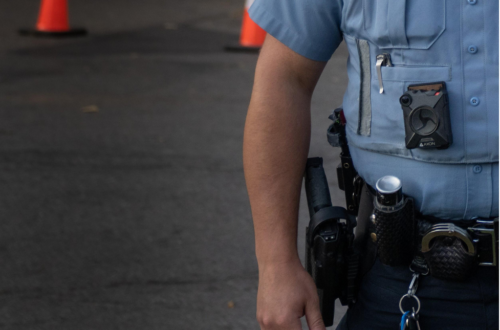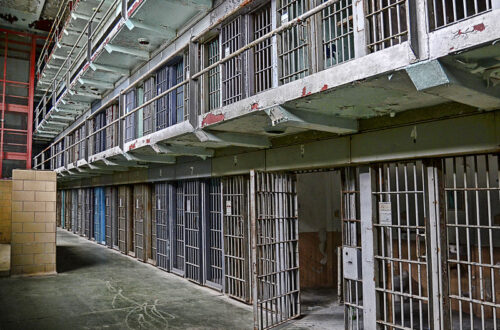Charlie Crist’s experience — 30 years in Florida politics — helped clinch his victory in the Democratic primary. With today’s general election, however, Democratic voters are reckoning with the nature of the gubernatorial candidate’s experience, most of which was spent as a Republican.
Crist first entered politics as a Republican state senator in 1992. Under the GOP banner, he also served as Florida’s attorney general and governor. Instead of running for re-election as governor in 2010, Crist ran for U.S. Senate, registering himself as non-party affiliated. It was not until 2012 that Crist announced his new affiliation with the Democratic Party.
“I couldn’t be consistent with myself and my core beliefs and stay with a party that was so unfriendly toward the African-American president [Barack Obama], I’ll just go there,” Crist said of the switch. “I was a Republican, and I saw the activists, and what they were doing, it was intolerable to me.”
Earlier, as governor, Crist suffered the fury of his own party’s backlash when a photograph went viral in Tea Party circles. A 2009 picture showed Crist hugging the newly inaugurated President Obama, who was in Florida to discuss the nation’s economic recovery from the Great Recession. Republican strategists dubbed the hug a political kiss of death, given the intense and sometimes racially motivated dislike among partisans.
The cleavage between Crist and the GOP was mutual. Crist even wrote a book, The Party’s Over: How the Extreme Right Hijacked the GOP and I Became a Democrat, to explain his switch, citing the backlash to the hug as a critical juncture. He felt the photograph merely captured a moment of human connection between two people seeking a solution to a common problem — the economy — and was unsettled by his party’s opposition to cooperation.
Despite his book and consistent message, some skeptics maintain that Crist swapped parties for pragmatic, not moral, reasons, in the hope that the maneuver would improve his electability.
If that was indeed the case, the hope was ill-founded. Research shows that party switches are dangerous for candidates, typically costing them donors and throwing their values into question. Crist is uncommon in that some donors have maintained their support throughout (and despite) his party change.
Still, switching parties is risky because it alienates voters on either side of the aisle. Republican-leaning voters might feel written off or rejected by Crist, whereas Democrat-leaning voters may view him warily. The act of changing parties can sometimes create the perception of flip-flopping, a label that politicians generally want to avoid at all costs. The failure of John Kerry’s 2004 presidential bid is often tied to Kerry’s image as a flip-flopper on critical issues. On the surface, party switching appears as the ultimate rearrangement of values.
Jasmina Dalton, a Democratic voter from Manatee County, told the Florida Political Review that Crist’s switch felt like a form of personal character growth but a political “sign of insincerity.” Dalton intends to vote for Crist, but she worries that his change makes him “an easy target for Republicans to criticize, [so] he should have stepped back for someone with a less spotted background.”
The Crist campaign has contended with similar doubts among voters across the state. However, Crist defied expectations by keeping donors despite his swap.
As of the election results today, Crist has a chance to also defy the expected dip in support for party switchers.
Check out other recent articles from the Florida Political Review here.
Featured image: (Charlie Crist pictured with running-mate Karla Hernandez). Photo by (Matias Ocner) used under a Creative Commons 4.0 license. (https://bit.ly/3sZfsk0)





